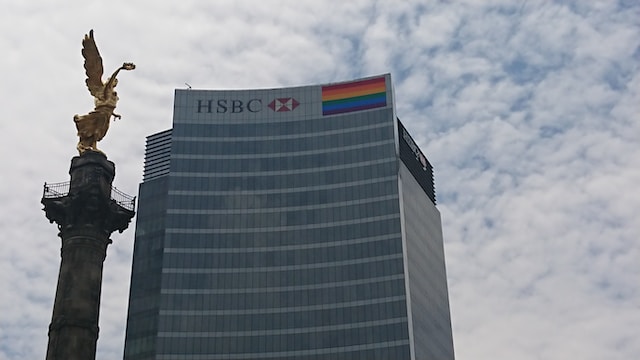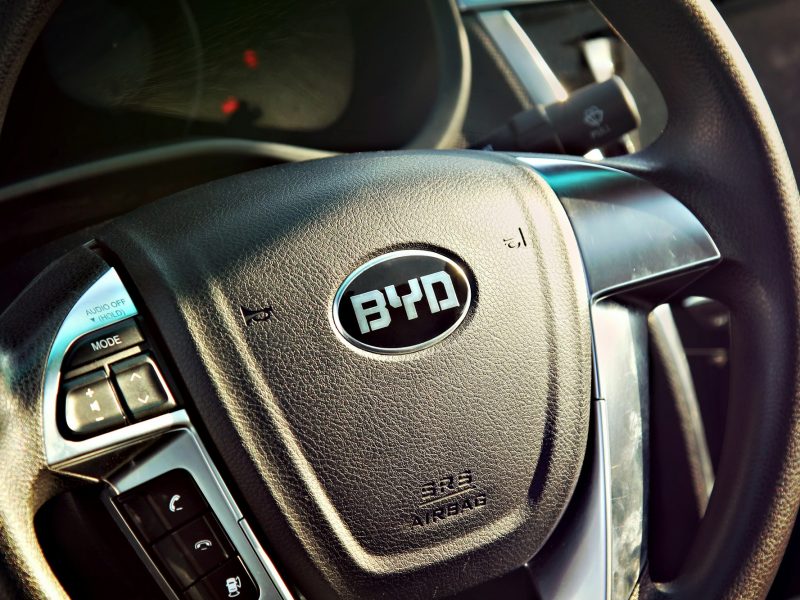HSBC’s biggest shareholder called on the bank to create a separately listed Asian business headquartered in Hong Kong to fix what it sees as a lack of competitiveness.
In a strongly worded statement Tuesday, the CEO of Ping An (PIAIF) Asset Management said that despite improvements, the insurer remained “deeply concerned” about HSBC’s financial performance relative to rivals.
“It is necessary for HSBC to push for structural reform to fundamentally address HSBC’s underlying market competitiveness issues, improve performance, enhance value and accelerate growth opportunities in Asia,” Michael Huang wrote.
“The HK-listed business would be able to focus on investing resources in Asia and being more attuned to local Asia market dynamics,” he added. Ping An Asset Management holds just over 8% of HSBC’s shares.
Europe’s biggest bank is facing growing calls to spin off its Asia business. The latest demand comes just weeks before shareholders are due to vote on a resolution at the bank’s annual meeting that could force it to come up with a plan to split off or reorganize its Asian business — HSBC’s main source of profits.
At an informal meeting of shareholders last month, HSBC (HBCYF) CEO Noel Quinn said a breakup of the bank would result in “significant revenue loss” because much of its business relied on cross-border transactions. Alongside chairman Mark Tucker, he defended HSBC (HBCYF)’s strategy and said splitting the bank would not be in shareholders’ interests.
HSBC reiterated this position Tuesday.
“It is our judgment, supported by third-party financial and legal advice, and with third-party assurance, that alternative structural options will not deliver increased value for shareholders. Rather, they would have a material negative impact on value,” a spokesperson for the bank said in a statement.
“We remain clear that our current strategy is the fastest, safest and most value-enhancing way to deliver returns.”
But in his letter, Huang said the lender’s management had “exaggerated many of the costs and risks” of a breakup. “Despite sharing multiple suggestions with HSBC, we have been extremely disappointed by HSBC management’s consistent closed-minded attitude to all solutions,” Huang wrote.
“We believe that both the HSBC team and its appointed paid external advisers have an adamantly preconceived view against reviewing any structural options, despite our continued request for an open dialogue and the demands of other shareholders.”
Under Ping An’s proposals, HSBC Group would remain the controlling shareholder of a separately listed bank headquartered in Asia, giving it “great influence” over “commercial arrangements,” according to Huang.
He argued that the spinoff would improve HSBC’s financial returns, saying they currently lagged those of rivals. For example, HSBC delivered a return on equity — a measure of a bank’s profitability — of 9.9% in 2022 versus the average of 12.5% for its peers, Huang noted.
HSBC Asia “will be the most valuable and unique bank in Asia with the strongest growth potential within the HSBC system, and also the only local bank with global competitiveness,” he added.
HSBC will hold its annual shareholder meeting on May 5.


